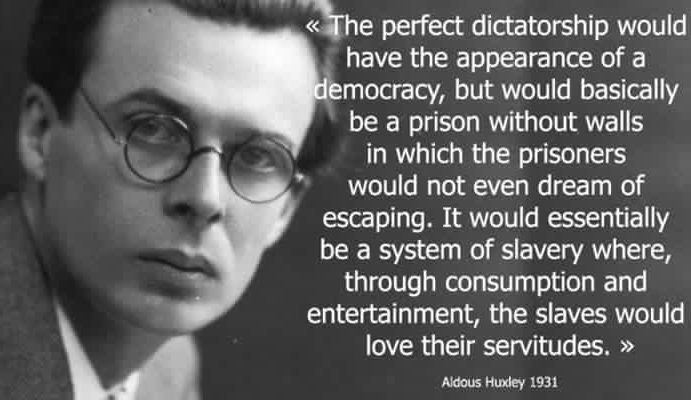More in the Jake Morphonios paedophilia and child sacrifice series: Episode 11 Episode 12 Richard Check out the extraordinary new, life-changing technology at […]
Month: May 2017
The Seth Rich murder story continues to grow
I keep asking if the Seth Rich murder will be the thread that will pull the Washington psyop asunder. This update from Starship Earth: The […]
Unlocking the meaning of Stonehenge and other ancient memory storehouses
Thank you, Nods. If you have an interest in ancient archaeology and culture and you are not familiar with the revolutionary work of Lynn Kelly, […]
A few observations on the Manchester bombing
Firstly, I don’t need to tell you that this was a staged event. And if I do… However, there a few observations and views of […]
Is CarMax Inventory The Canary In The Coalmine Of The Slumping Auto Industry?
Many punters have been saying the auto loan industry now is the equivalent of the housing loan industry of 2006-7. And there is growing evidence […]
After 47 Years, Stephen Lewis Calls It Quits In A Scathing Critique Of Modern Markets
Another respected punter warns of an impending global market “inflection”: For decades, portfolio managers around the WORLD would receive the periodic “Economics & Policy” newsletter, […]
Weird Ways of the Elite Documentary
I have just come across the work of Jay Myers, who is creating videos to document how our world works. His most recent video is […]
Netflix Series Exposes Govt-Connected Child Sex Ring in Baltimore, Police Forced to Respond
You are doing great work, Molly. In my opinion, your blog has gone up a couple of notches. It’s wonderful to watch. Here’s this post […]
Trump quietly advances the agenda of Greater Israel by demonizing the next target – Iran
During his recent overseas sojourn, Trump took aim at Iran as the “rogue state” and “sponsor of terrorism”. Such a croc. But this game is […]
Passport system problems cause flight delays – caused by global tracking system errors
Small insights come from unexpected sources. This article on flight delays out of Melbourne made me realise that our movements across the world are being […]


Recent Comments